Crew Mental Health
Eco-Management provides Psychological support to seafarers.
Mental health affects crew of all ages, nationalities, and ranks. A recent analysis of crew mental health revealed anxiety, social isolation, the pressure of work and disturbed sleep can affect crew, all of which can negatively influence their mental health.
Captains and Chief Officers have an important role to play in leading by example, encouraging and actively protecting good mental health onboard. A supportive and organized environment with open dialogue, respect, and recognition for all ranks is essential.
Mental health conditions may appear suddenly as a result of a specific event or incident, or gradually, over a period of time when the condition may worsen or improve.

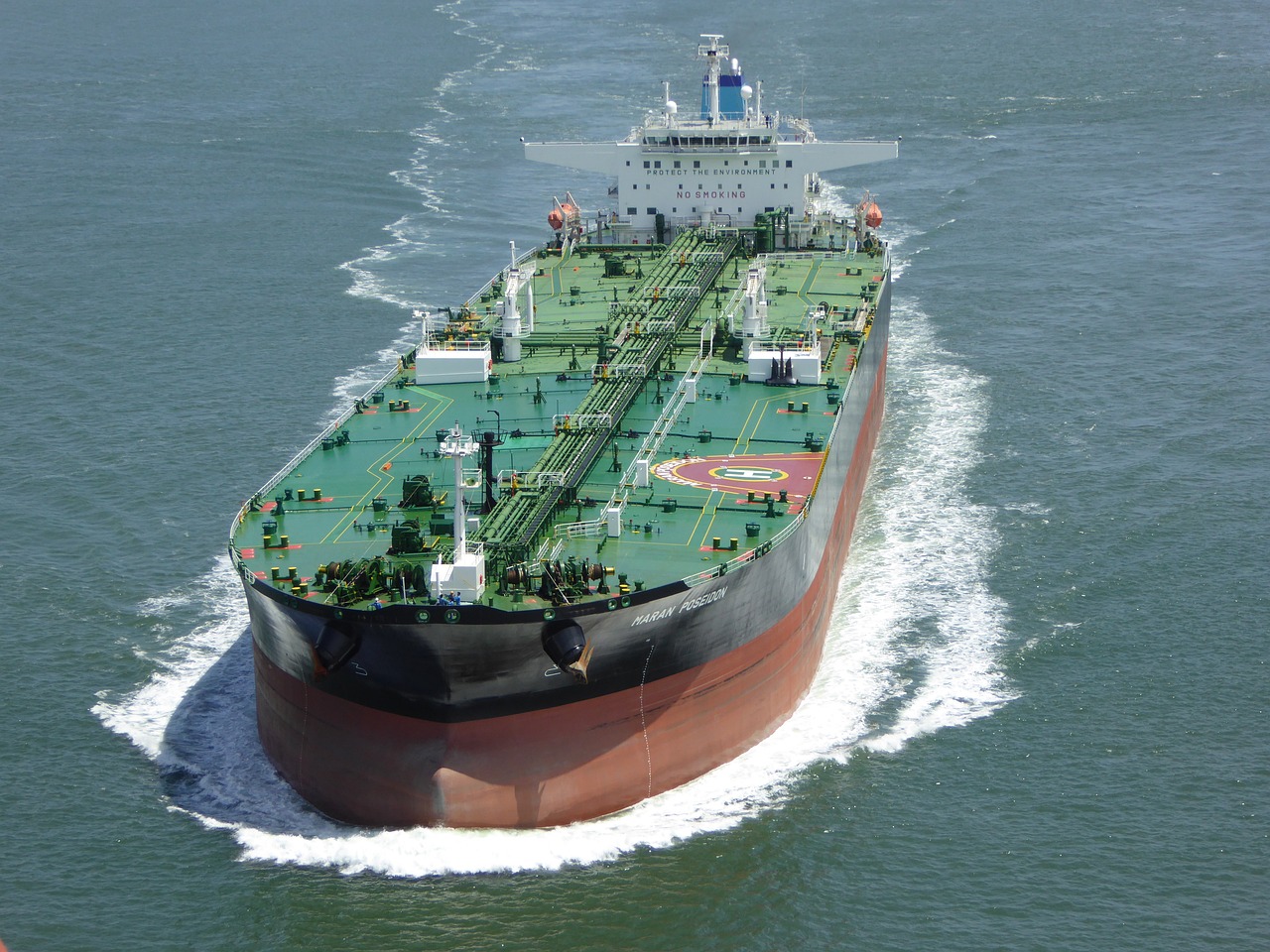
Spotting The signs
Recognizing mental health issues is the first step in accessing the support needed to recover. Mental health can affect anyone and can feel just as bad, or worse, as physical illness – only you cannot see it.
If you think that your crew might be displaying mental health signs, reach out to them. Many of the remedies for minor problems are often in the hands of those who create the working conditions under which seafarers work and live. Colleagues and friends are often able to form an impression of a person’s mental state much more easily than a doctor. Seafarers can therefore help each other.
Encourage and stimulate your crew members and draw their attention to the prevention of mental health issues in meetings. It can take time to implement a prevention program onboard and it can be difficult to measure the benefits. Identify what you want to achieve, set timeframes, and involve key personnel. Organize an event to celebrate and announce the plan to your crew.
Do your crew show signs of any of the following?
Physical symptoms
Suffering from frequent minor illnesses
Headaches or stomach upsets
Feeling run down
Lack of care over appearance
Sudden weight loss or gain
Minor physical ailments
Emotional/behavioural symptoms
Difficulty sleeping or constant tiredness
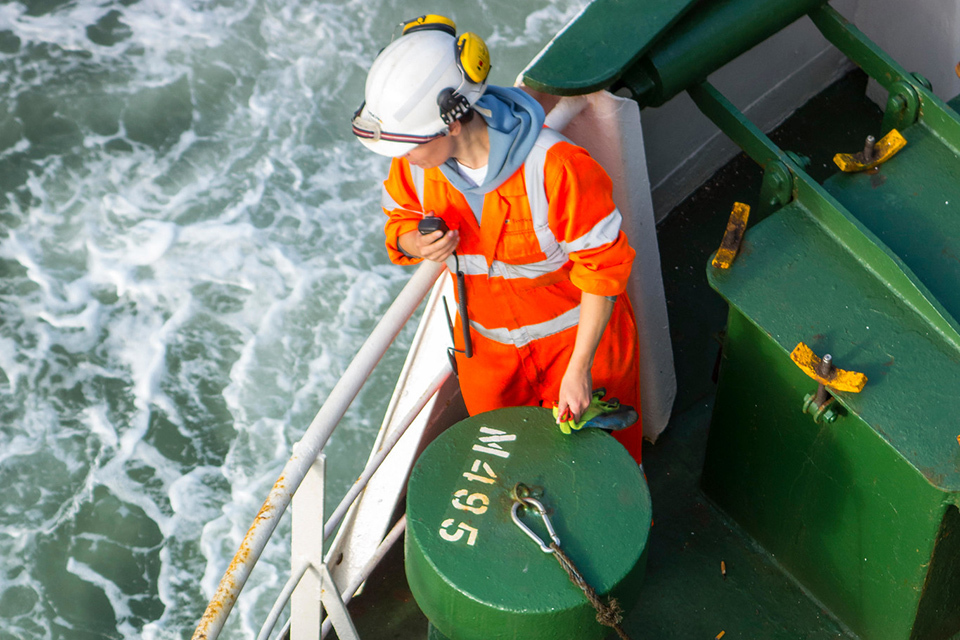
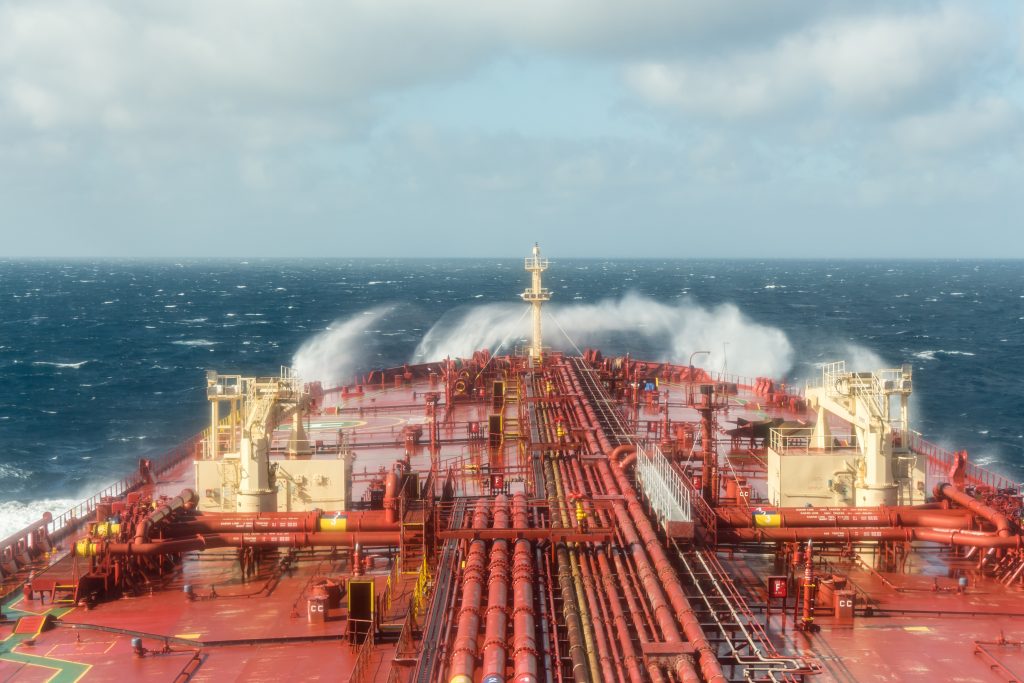
Irritability, aggression or tearfulness
Loss of humour
Common triggers
Indecision, inability to concentrate on tasks,
increased errors, missing deadlines or forgetting tasks
Increased consumption of caffeine, alcohol,
Cigarettes, and/or sedatives
Loss of confidence
Difficulty remembering things
Disruptive behavior
Poor job performance
An employee who is normally punctual frequently arrives late Becomes withdrawn, not participating in conversations or social activities, and spends increasing amounts of time alone in cabins
Be aware of the common triggers. It is not always easy to identify what causes mental health issues, and there are numerous possible factors that may influence and affect mental well-being. This in turn can reinforce the feeling of stress, depression, isolation, and fatigue. Remember, if someone seems out of sorts, there is usually a reason for it.
At work onboard or at sea
Personal life changes
Greater commercial pressures from ashore
Coping with an increased workload or a promotion
The stress of being away from home for extended periods
Family pressure to remain at sea
The severity of environmental conditions and
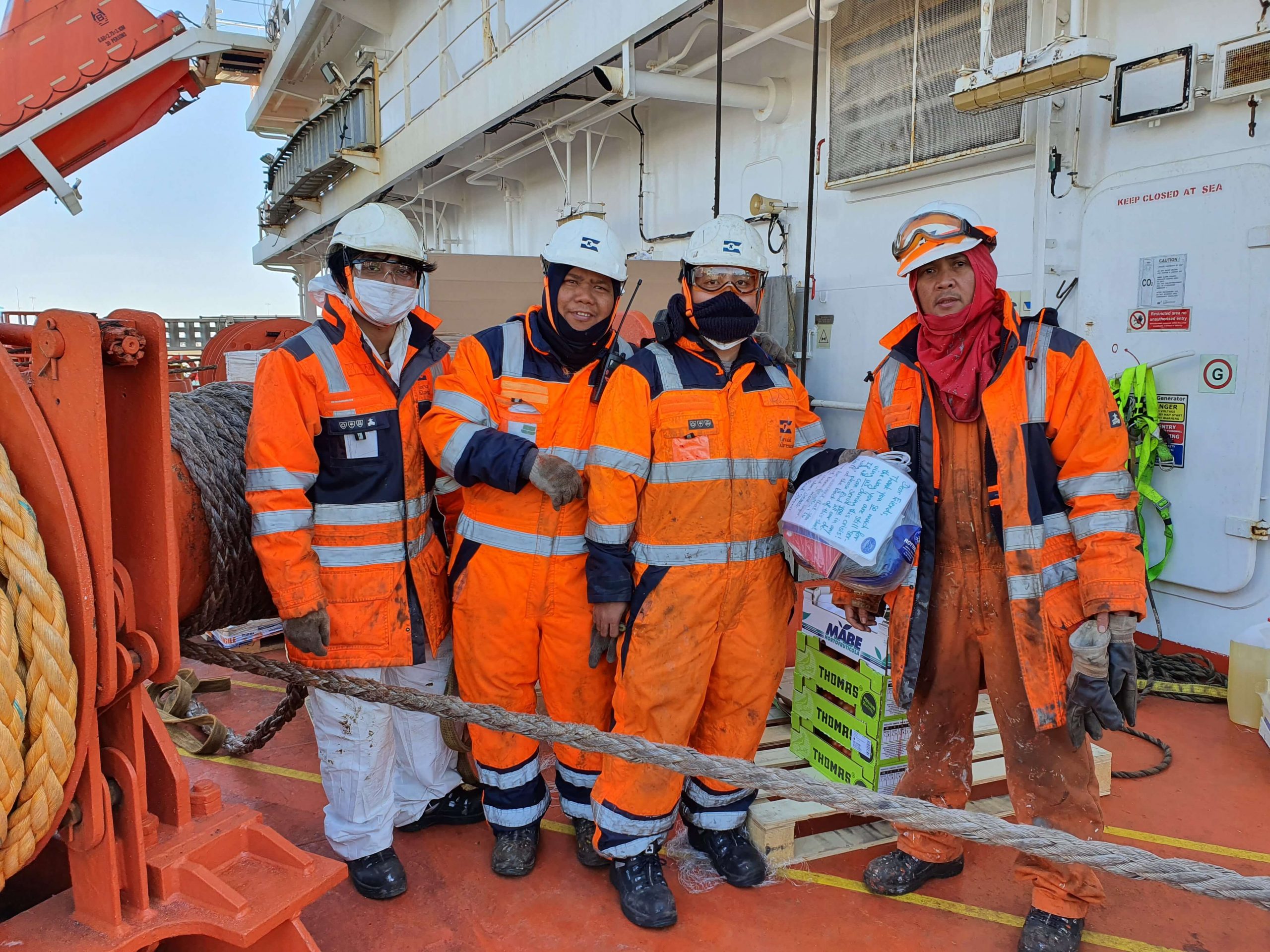
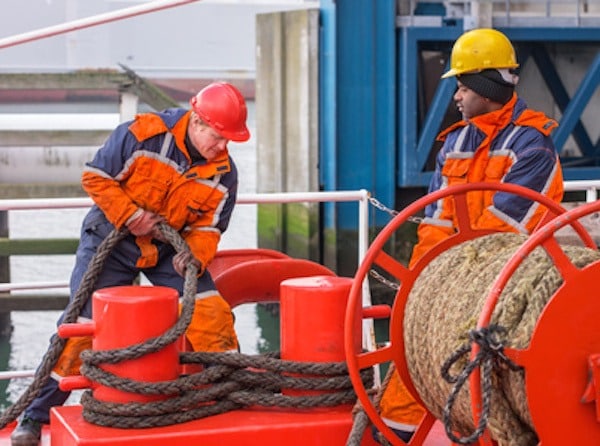
Manning levels and related issues:
The qualifications and experience of crew
Increasing monotony of working
Fear of job security
Shift patterns of work and disruptions to the system
The quality of rest periods
Greater commercial pressures from ashore
Pressure of more frequent inspections
Reduced common language

